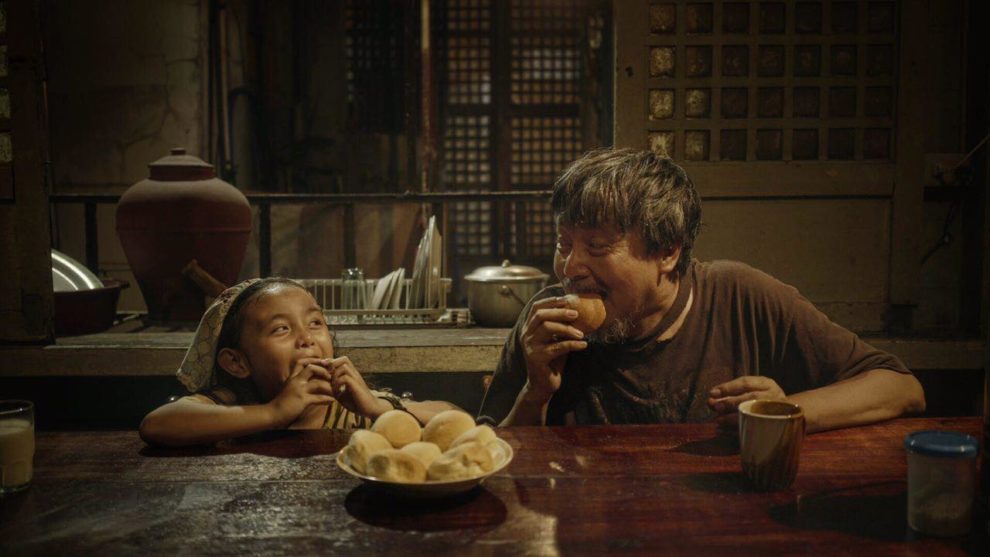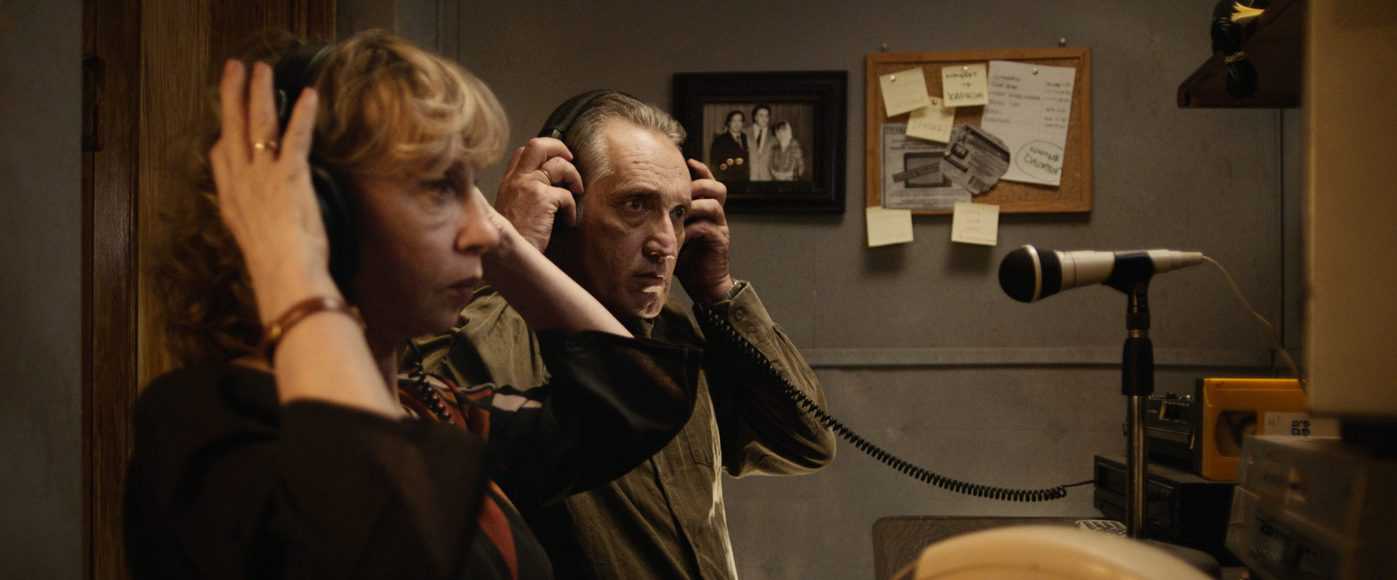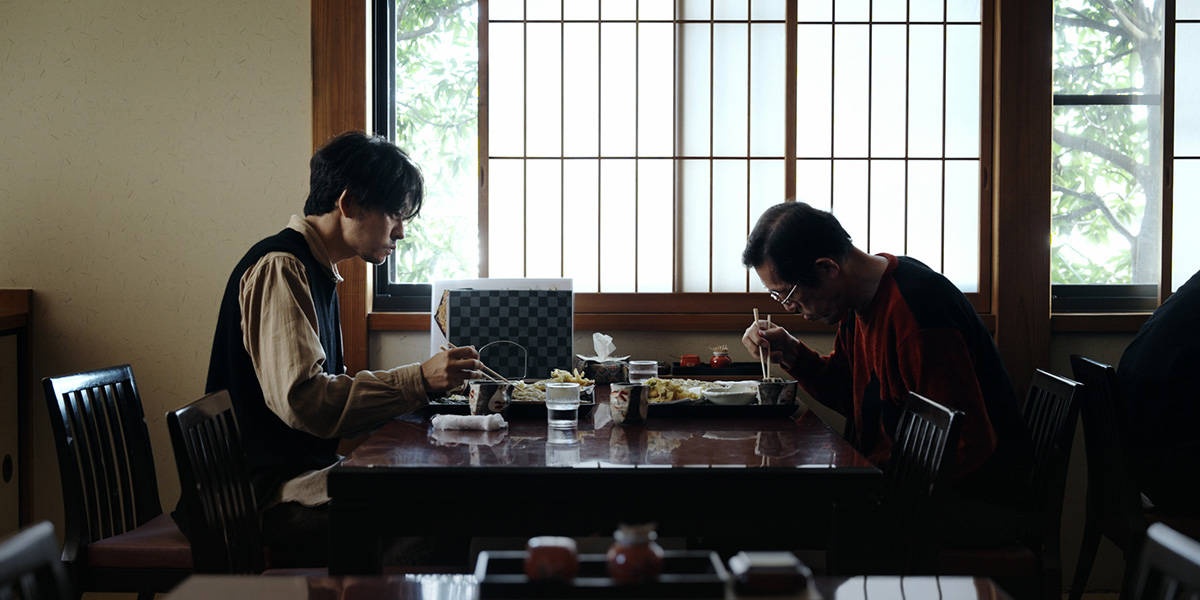By Purple Romero
That a grimy toilet and paroxysms brought by physical attacks could convey hope and magic is a testament to the ability of the Filipino film “Pan de Salawal” to subvert the prettification and sometimes excessive sentimentality of movies with fantastical themes. Winner of the Best Picture and Best Screenplay awards at the 2020 Calella Film Festival in Spain, the debut movie of writer-director Anna Francesca ‘Che' Espiritu need not resort to grandiose effects to evoke the grandness of miracles much sought for and experienced by the common man.
“Pan de Salawal” focuses on the desolate Salvador, or Sal for short, a 68-year-old baker whose main goal in life is to die. Left with a string of failed romantic relationships and a sickness which makes him feel more alone, he attempts every now and then to end everything, with the railtracks and the decrepit old train which traverses his city as his witness. One night, someone else gets to see his suffering, however, and it's a young girl called “Aguy,” the term for “ouch” in Visayan, a language spoken mainly by those who hail from southern Philippines. Aguy's name speaks of her irony though – even if it means getting hurt, the runaway, whose shabby appearance only makes her streetsmart attitude more realistic, has the capacity to heal people. And heal she does – not through chants, incantations, prayers or the showering of fairy dust – but by physically attacking people – a fistful of jabs could literally punch away a tumor, while numerous slaps could well, slap away debilitating cough.
This unique use and presentation of magic allows the movie to skillfully establish that even if it focuses on a subject that is inherently dramatic – sickness or physical malaise – it will not make the affliction with a disease its main driver and trigger for emotions. The same can be said of the act of miraculous healing – while it does evoke surprise, shock and glee, the movie's treatment of a topic which has its own special place in Filipino religiosity and culture is more humorous and tender, negating the tendency to be maudlin.
Espiritu's introduction of various characters in Sal's world does the trick. All of them, like Sal, are suffering from a certain sickness, but we get to know who they are and what being sick can take away from them. For the barber with the arthritis, it means the inability to feel the joy he gets from giving haircuts, while for the widowed father with two sons, it's the fear of being unable to provide for his sons.
The ensemble cast, led by Bodjie Pascua as Sal and Miel Espinoza as Aguy, were able to effectively show how multifaceted the life of someone who is sick is. Their deepest hopes and aspirations are revealed not only through their moments of pain, but by the fact that they face and experience them as they go through the motions of everyday life, making them more relatable. Pascua, as the abandoned old man, can tug at your heartstrings and be effortlessly funny, while Espinoza is able to pull off the tough-as-nails countenance while hurting people to heal them, without for a minute making the viewer forget that she's also still a child.
Making a neighborhood in Manila as the backdrop grounds the everyday struggle of the characters. The cinematography of Tey Clamor makes the place look more like a dwelling or a home for people who try, however, rather than a hellhole for people who are mired in poverty. There's a certain softness and lightness in the way the city's contours, colors and corners are shown, accentuating the idiosyncracies of the characters.
More than anything, however, Espiritu, as the writer herself, makes use of language and the etymology of words as a crucial instrument of storytelling. Important shifts in plot are marked with an invitation to know more what a word, in Aguy's Visayan language, means as well as those neologisms carved from newfound ties and bonds.
Sans the dependence on grand visual effects, “Pan de Salawal” is a film that still brings magic without the indulgence in melodrama. It's able to channel wonder in an urban scenery through people whose circumstances are as real as they get, with the will to believe in something better being the main ingredient for a miracle.
















